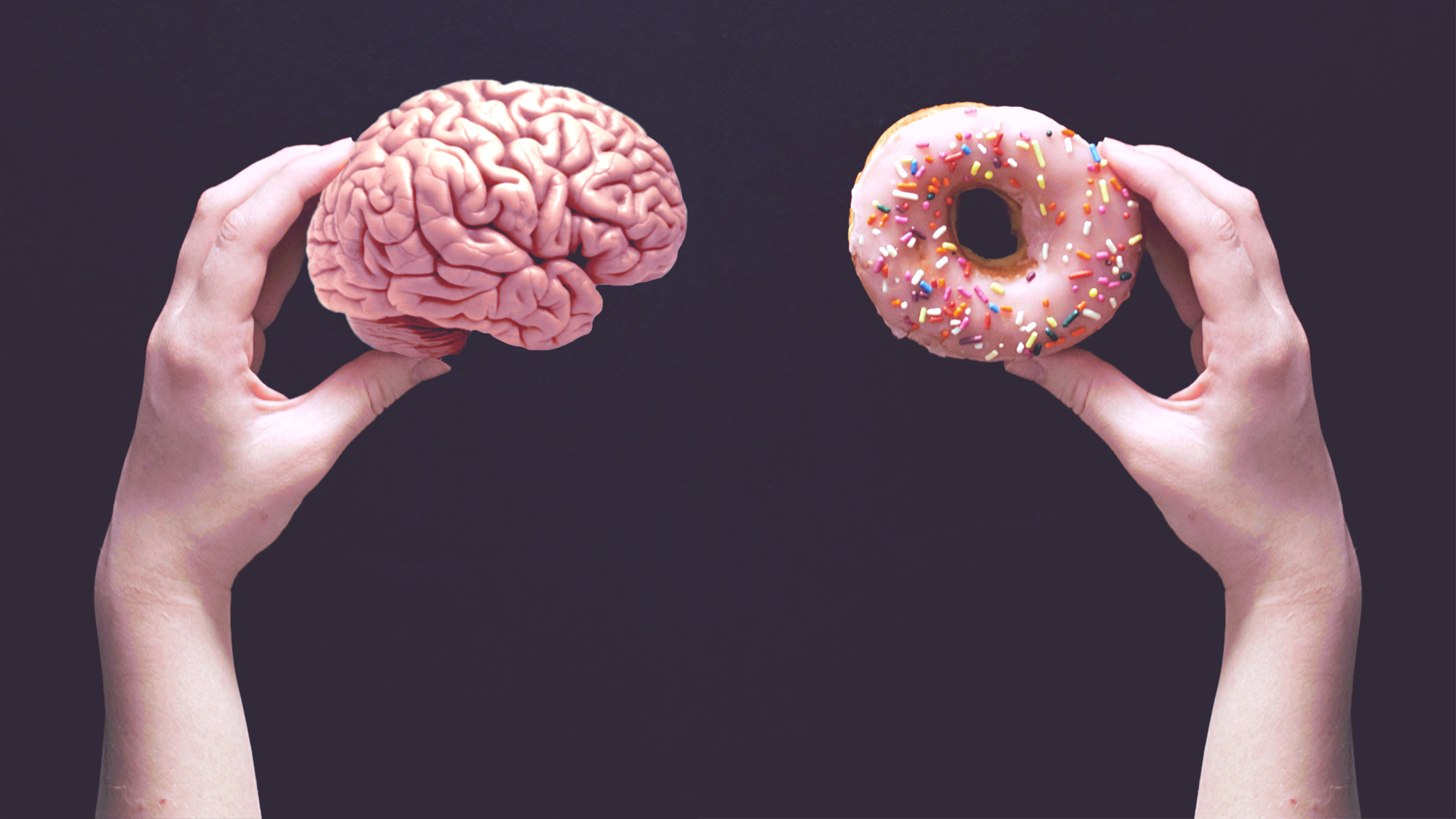A scientific team from the UPF Neuropharmacology-Neurophar Laboratory has participated in a study that has found in the intestinal microbiota the relationship existing (and demonstrated years ago) between morbid obesity and the deterioration of immediate and recent memory.
In a total of 130 subjects between obese and non-obese, different factors have been analyzed and it has been found that:
- In obese conditions, the blood circulation of tryptophan (a key amino acid for the synthesis of neurotransmitters) is reduced.
- The presence of bacteria that metabolize vitamin B1 in the microbiota of obese subjects is also associated with a decrease in recent memory.
- The presence of certain bacteria in obese people’s intestinal microbiota was also related with a smaller hippocampus.
In addition, fecal microbiota was transplated from obese patients to mice, which lowered the memory test results of these animals.
“The possibility of changing memory traits in mice through human microbiota transplantation highlights the potential interest in modifying the microbiota for therapeutic purposes in obese patients with cognitive alterations.”
Rafael Maldonado, UPF
With these results, the relationship between brain and microbiota becomes even more evident, which opens the door to personalized diets to improve memory.
Arnoriaga-Rodríguez et al. Obesity Impairs Short-Term and Working Memory through Gut Microbial Metabolism of Aromatic Amino Acids. Clinical And Translational Report, Volume 32, Issue 4, P548-560.E7, October 06, 2020






